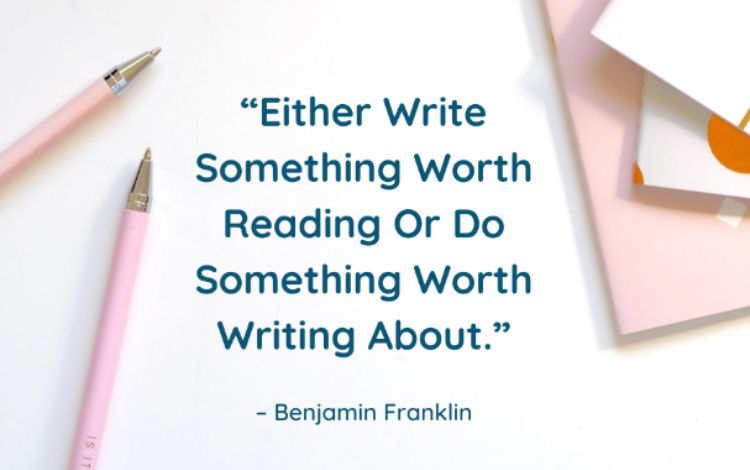The Ethical Dimensions of Content Creation
Writers are warriors by the sword of their writing to change any cruelty of the world. In this technological world, Content writers communicate information, ideas, and knowledge to inform and educate readers. They influence opinions, inspire action, and drive change through persuasive writing. Offers a platform for creative expression, allowing for the exploration of thoughts and emotions. Entertain and engage audiences through compelling storytelling, fostering empathy and connection. They record historical events, personal experiences, and important data for posterity. Content Writers analyze, critique, and evaluate topics, encouraging critical thinking and discourse. They propose solutions to issues, contributing to problem-solving in various fields. Create content to promote businesses, products, and services, driving growth and success. So, it’s an important factor to maintain the ethics that support this profession.
This article elaborates on the ethical considerations that content writers must bear in mind while creating their work in public.
Honesty and Accuracy
The main fact of content writing ethics is the commitment to honesty and accuracy. Content writers should attempt to provide readers with truthful, reliable information. Misleading or spreading false information not only undermines the credibility of the writer but also erodes trust in the entire field of content creation.
- When using information from a book, website, or any other source, it’s important to give credit to that source. Taking someone else’s work or plagiarism and pretending it’s his own is not fair or right. It’s like copying someone’s homework and saying it’s yours, which is not honest. So, always mention where you got your information from to be ethical in your writing.
- Verifying facts and statistics before publishing content ensures that readers are not misled.

Transparency
Transparency is another basis of ethical content writing. Writers should be upfront about their connections, any personal interests that could sway their writing, and any opinions that might influence what they write. Being open like this helps readers judge how trustworthy and genuine the content is.
- If a writer is connected with a brand or organization mentioned in the content, it should be clearly disclosed to the audience.
- If a writer takes any notes or reference from another person’s blog then he /she has to mention the name in reference.
- Copyright rules have to be obtained.
- Content writers should avoid creating content that directly benefits them financially or professionally without disclosing such interests.
Respect for Privacy
Respecting the privacy of individuals and organizations is a critical ethical consideration in content writing. Writers should obtain consent when necessary, and they should avoid disclosing personal or confidential information without permission.
- When writing about individuals or situations where privacy is a concern, obtaining informed consent or using pseudonyms (using fake names) can be ethical solutions.
- Content writers should be mindful of the potential harm that their work may cause to individuals or groups and take measures to minimize such harm.

Inclusivity and Diversity
Content writers bear a duty to champion inclusivity and diversity within their work. This means refraining from using language that discriminates stereotypes and actively striving to incorporate a wide range of perspectives.
- Apply language that embraces and respects individuals of various genders, races, ethnicities, sexual orientations, and other identities.
- Make an effort to include voices and experiences from diverse backgrounds, ensuring that the content offers a comprehensive perspective on the subject matter.
Sensationalism
Content writers should refrain from using clickbait tactics to attract readers. While attention-grabbing headlines may increase traffic, they can mislead and disappoint readers and damage the writer’s reputation.
- Use headlines that accurately reflect the content and do not exaggerate the information.
- Prioritize creating valuable content that genuinely informs and engages readers instead of focusing solely on metrics like click-through rates. Because, Quality over Quantity.
Responsibility for influence on surrounding
Last but not the least, content writers should be concerned about the possible impact of their work on society. Ethical content creation involves considering the broader consequences of what is written.
- Use the platform to inspire positive change, educate, and contribute constructively to public discourse.
- When tackling sensitive or controversial subjects, handle them with care, respect for diverse viewpoints, and a commitment to fostering meaningful dialogue.
- Respect others opinion and never set this mindset that my opinion is the ultimate solution.

In conclusion, the ethics of content writing are not merely guidelines; they are the foundation upon which trust, credibility, and responsible communication are built. Content writers have a significant influence on how information is disseminated and perceived in the digital age, and their ethical choices impact both individuals and society at large. By prioritizing honesty, transparency, respect, inclusivity, and a commitment to positive impact, content writers can navigate the ethical landscape of their profession with integrity and professionalism.
Writer
Fariha Zannat
Intern, Content writing department
Requin BD





2 Comments
truck weighbridge Iraq
December 15, 2024
Revolutionize your weighing needs with BWER, Iraq’s top provider of weighbridge systems, featuring unparalleled accuracy, durability, and expert installation services.
industrial truck scales Iraq
December 17, 2024
BWER is Iraq’s go-to provider for weighbridges, ensuring durability, accuracy, and cost-efficiency in all weighing solutions, backed by exceptional customer support and maintenance services.